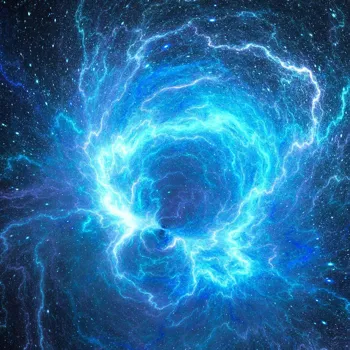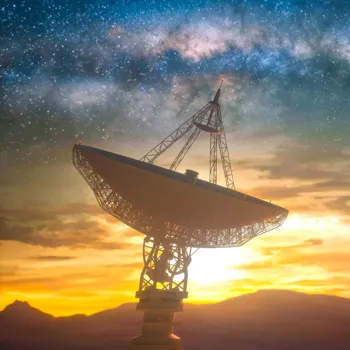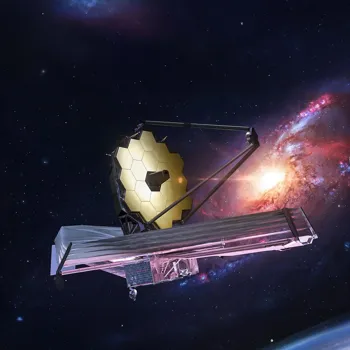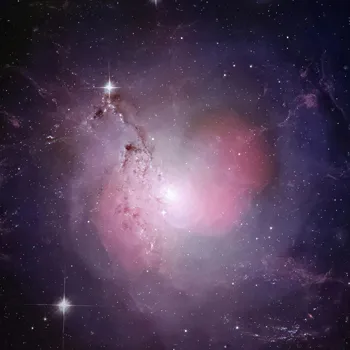Unveiling the Fermi Paradox: Are we alone in the universe? Dive into the mystery that challenges our cosmic perspective!
Have you ever looked up at the night sky, twinkling with billions of stars, and wondered
if we are truly alone? It’s a question that has plagued scientists, philosophers, and dreamers for decades. And it leads us to one of the most fascinating puzzles of our time: the Fermi Paradox.
Basically, it asks: Given the vastness and age of the universe, and the high probability of other Earth-like planets, where are all the aliens? Shouldn’t we have heard from someone by now?
The Fermi Paradox questions existence of extraterrestrial life
The sheer scale of the universe makes the silence all the more deafening. Our own Milky Way galaxy contains hundreds of billions of stars, many with planets orbiting them. And our galaxy is just one of billions in the observable universe.

Surely, with so many opportunities for life to arise, at least one other civilization would have reached a point where they could send signals into space or even travel between stars. Yet, we've detected absolutely nothing.
This stark contrast between the high probability of extraterrestrial life and the lack of evidence for it is what defines the Fermi Paradox. Its named after the famous physicist Enrico Fermi, who supposedly blurted out the question “Where is everybody?
” during a lunchtime conversation about the possibility of alien civilizations. The paradox isn't just a matter of scientific curiosity; it forces us to confront fundamental questions about our place in the cosmos and the future of humanity.
Civilizations face The Great Filter, existential obstacles, past or future, rare or doomed
One possible explanation lies in what scientists call "The Great Filter." This theory suggests that every civilization faces a critical obstacle or set of obstacles that are incredibly difficult to overcome.
These filters could be anything from natural disasters like asteroid impacts or supervolcanoes to self-inflicted problems like nuclear war or environmental collapse. The filter could be behind us, meaning we’ve already overcome the hurdles that wipe out most civilizations.
This would make us incredibly rare and perhaps even the first to reach our current level of development. Alternatively, the filter could be ahead of us, meaning that we are heading towards an inevitable catastrophe that will prevent us from reaching the stars.
Possibility of aliens existing and reasons for undetected signals
Another set of explanations focuses on the possibility that aliens exist, but we haven’t detected them yet. Perhaps they are too far away, and their signals haven’t reached us. Maybe they are using communication methods we don't understand or aren't looking for.

It’s also possible that they have chosen not to reveal themselves to us. This could be because they are afraid of us, or because they are following a "zoo hypothesis," observing us from a distance without interfering with our development.
Some researchers even suggest that advanced civilizations might choose to transcend physical reality altogether, existing in virtual simulations or other realms beyond our comprehension.
The search for extraterrestrial life using advanced technology
The search for extraterrestrial intelligence (SETI) continues to scan the skies for radio signals or other signs of alien technology. While SETI hasn’t found any conclusive evidence yet, the search is ongoing, and new technologies are constantly being developed to improve our chances of detection.

Beyond SETI, scientists are also exploring other avenues, such as searching for biosignatures on exoplanets – signs of life in the atmospheres of planets orbiting other stars.
The James Webb Space Telescope, for example, is capable of analyzing the composition of exoplanet atmospheres, looking for telltale signs of biological activity. These efforts remind optimistic, that one day, we might finally answer the Fermi Paradox.
The Fermi Paradox: a reminder of our place in the universe
The Fermi Paradox is more than just a scientific puzzle; it’s a philosophical one, reminding us of our own fragility and the importance of protecting our planet.

It forces us to consider the possibility that intelligent life is rare and precious, and that we have a responsibility to preserve it, both here on Earth and potentially beyond.
While the answer to the paradox may remain elusive for years to come, the quest to find it continues to inspire us to explore the universe, push the boundaries of science, and reflect on our place in the grand cosmic scheme of things.
The silence of the cosmos may be unsettling, but it is also a powerful motivator for us to keep listening, keep searching, and keep wondering.














